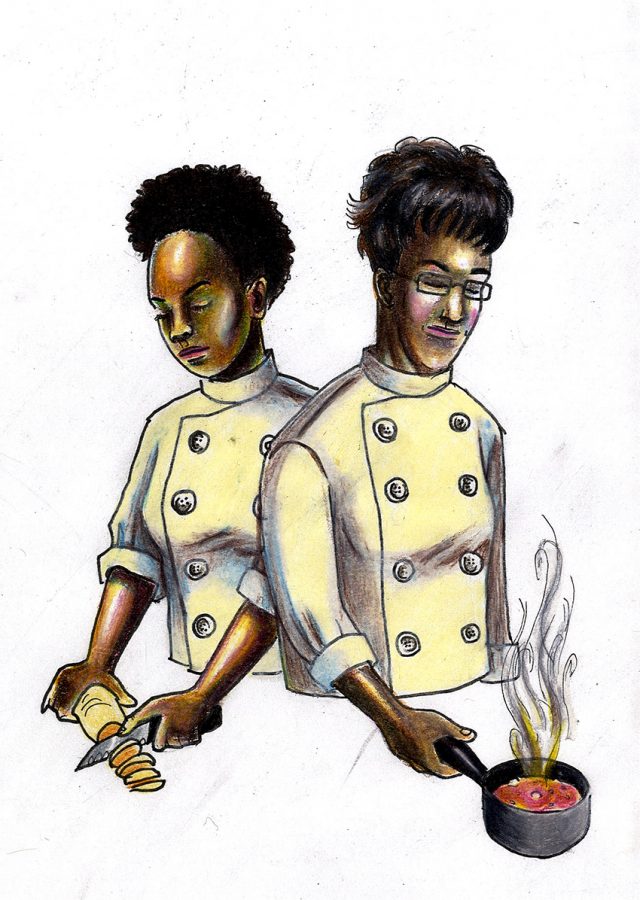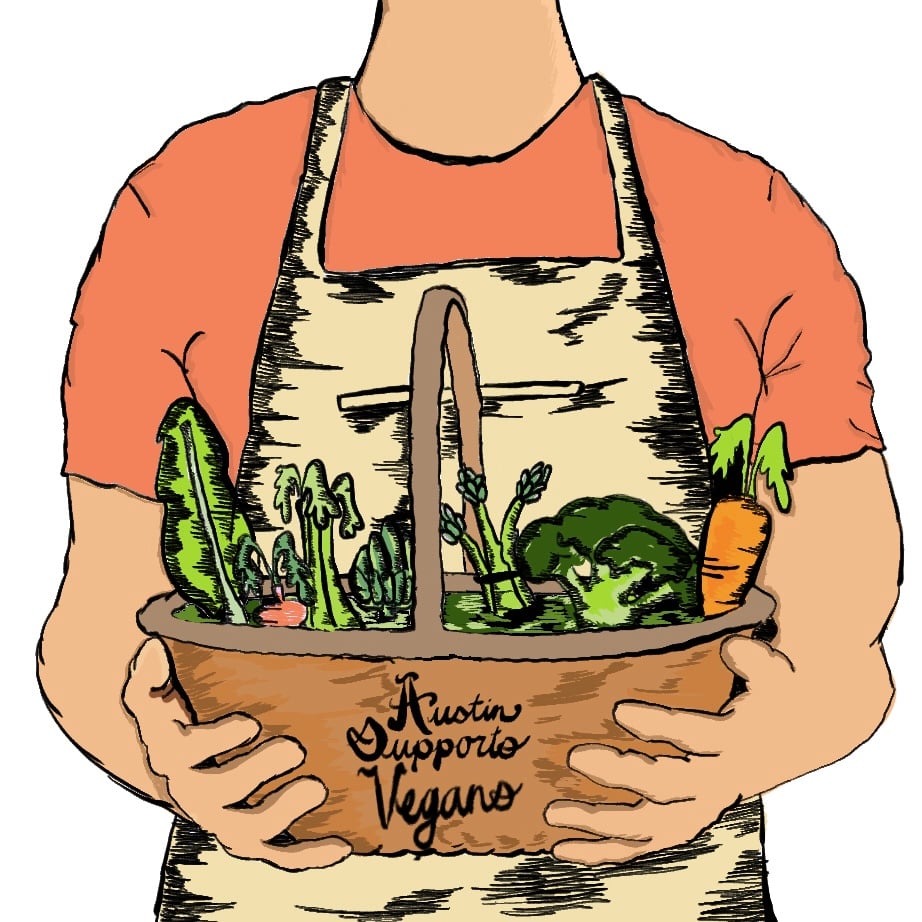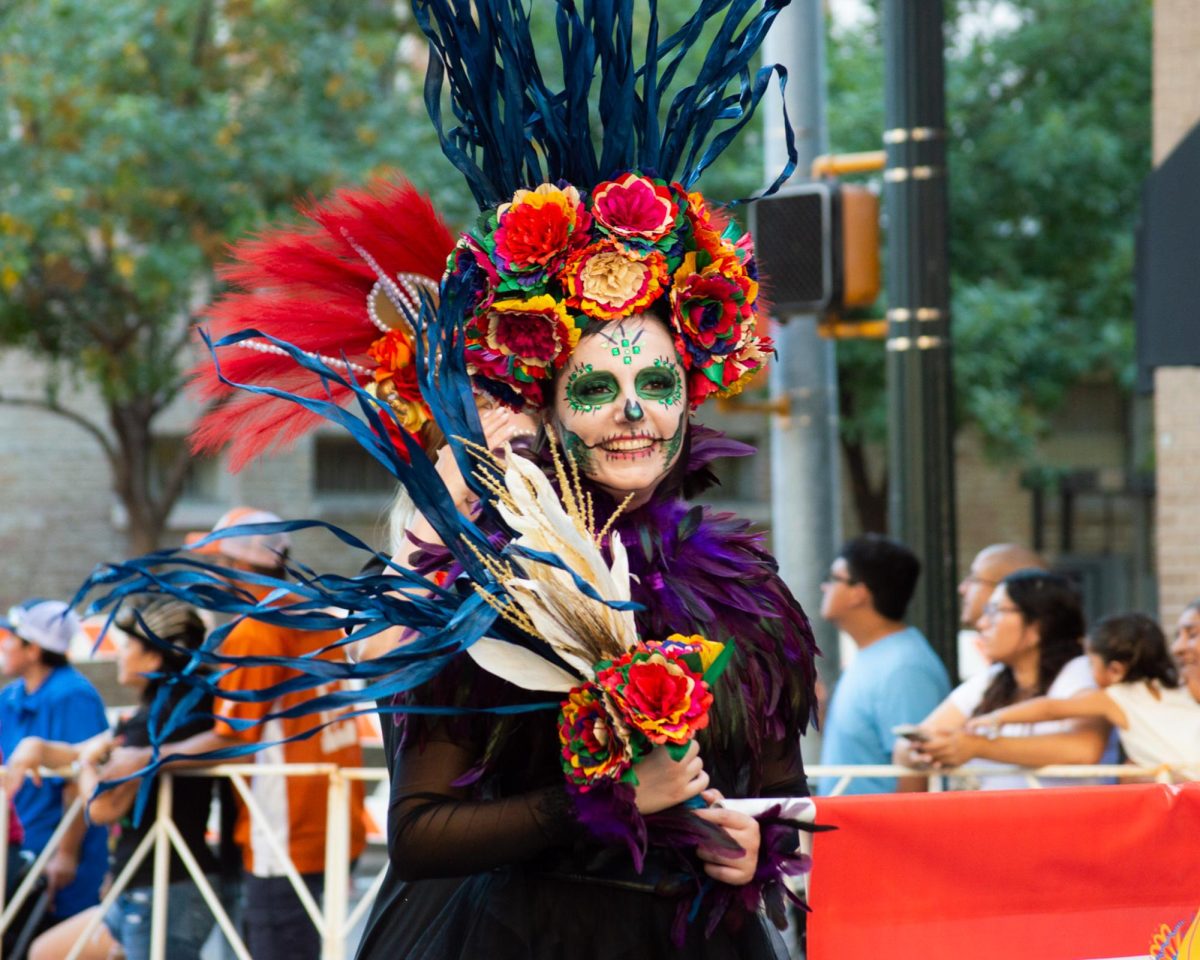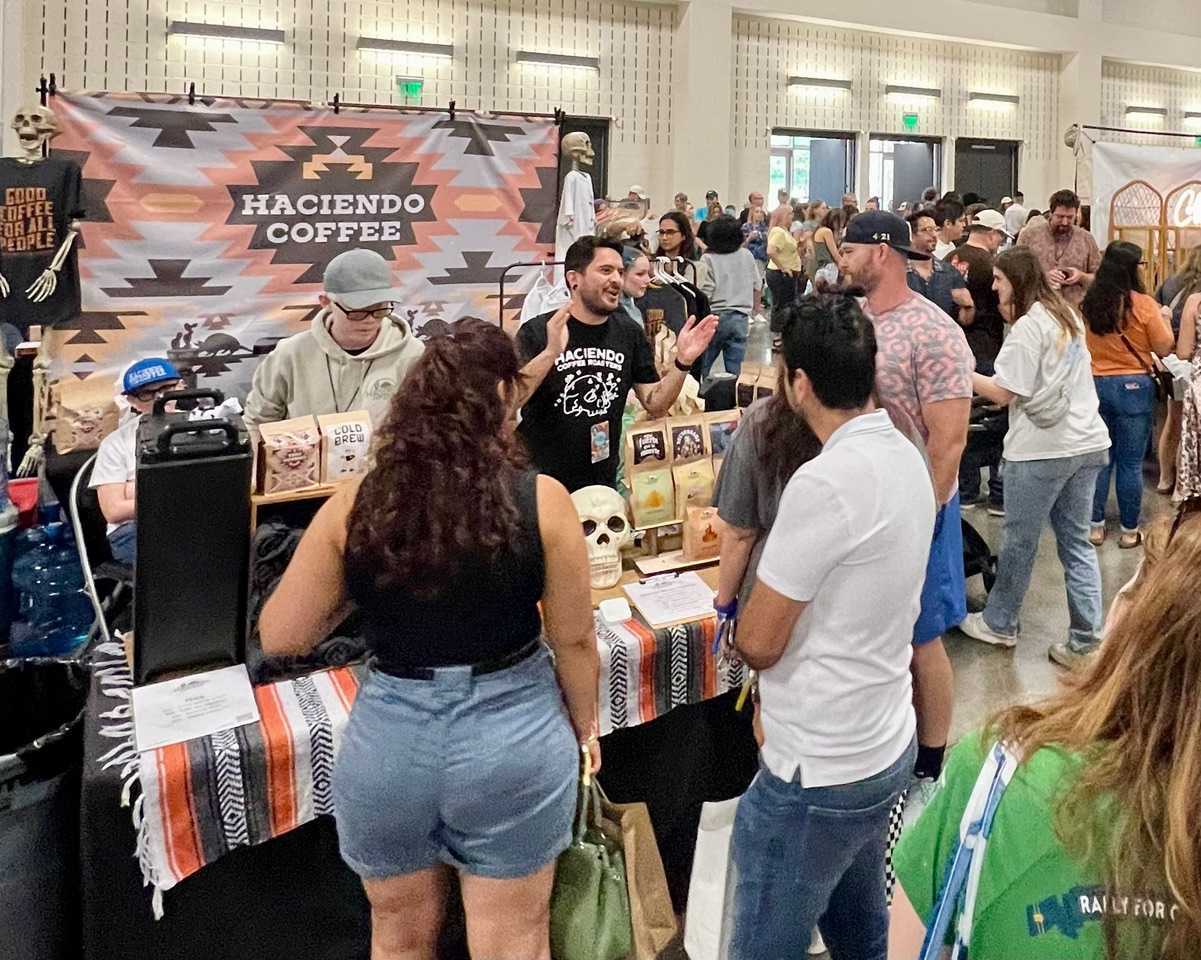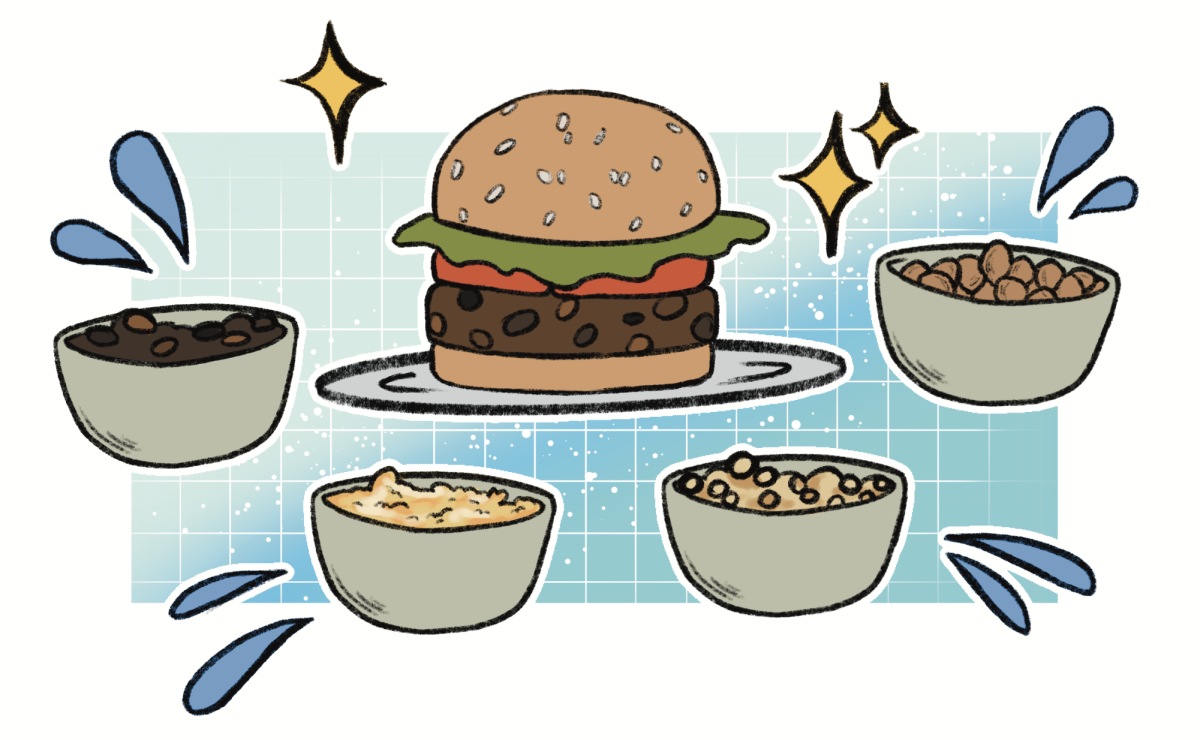Though Adrian Lipscombe and Joi Chevalier may approach food from totally different angles, they share the same dream of bringing black food to the forefront of Austin’s culinary scene.
Lipscombe, founder of Knotty Nice Bakery, grew up in a family that took a very personal yet informal approach to food. In her family, recipes were passed down orally through the generations. If someone wanted to learn how to make a dish, they had to be in the kitchen watching closely.
“There weren’t even measurements, it was all by hand,” Lipscombe said. “It’s still the same way today. If someone calls asking if it was a tablespoon or a teaspoon, a lot of people will go, ‘I don’t know, maybe it’s time for you to come home,’ because you had forgotten it.”
Lipscombe said cooking with her family made her associate food with love. That feeling of warmth and community resonated with Lipscombe and inspired her to start Knotty Nice Bakery while completing her Ph.D. at UT.
“Emotionally, it was something that said you were loved, and I always appreciated that connection,” Lipscombe said. “I make the food because I love it, but I also love making people happy and being able to satisfy their sweet tooth.”
Chevalier, on the other hand, takes a much more empirical approach to food, and with a similar degree of passion. During her time at Dell, where she worked for eight years, Chevalier learned how to crank out new technology in a timely manner and decided to apply the same methodology to her kitchen.
Chevalier’s new business, Cook’s Nook, functions as a collaborative space where chefs can make and sell their food as efficiently as possible.
“That’s what we’re trying to bring to food,“ Chevalier said. “That process of innovation, incubation and rapid product development. We want to get a product to market, fail fast, learn the next things you need and get into a repeatable regular development process around your product.”
Both chefs feel that the lack of traditional black food has led people to categorize all African-American food as just “southern” or “soul food.”
“I had been doing research into the history of black restaurants in Austin and found a very small handful,” Lipscombe said. “I found that there used to be a lot of black-owned establishments that were major parts of downtown until segregation issues arose and they were moved to the East side.”
Chevalier said it worries her when she sees a lack of variety of dishes from different black communities and cultures.
“There is a huge distinction between the types of food that come from the Carolinas or Louisiana or Memphis,” Chevalier said. “If we don’t distinguish between those things, we run the risk of losing them all.”
Chevalier and Lipscombe are taking steps to help educate the community about traditional black food, like hosting Taste of Black Austin. The event brought together some of Austin’s top black chefs and restaurateurs to showcase their different takes on their cultural dishes.
“A great part of the event was actually identifying black chefs in Austin that nobody knew about,” Lipscombe said. “There were even black chefs that didn’t know these other black chefs existed. It was great to bring them all to Austin’s attention.”
Chevalier and Lipscombe plan to continue honoring their roots with their respective creative culinary outlets and pay their respects to all the black chefs who helped shape the food we enjoy today.
“With food you’re trying to preserve something that’s very unique culturally and regionally,” Chevalier said. “We tell stories of food all the time. I want to share the story of African-American families and food in Central Texas.”

